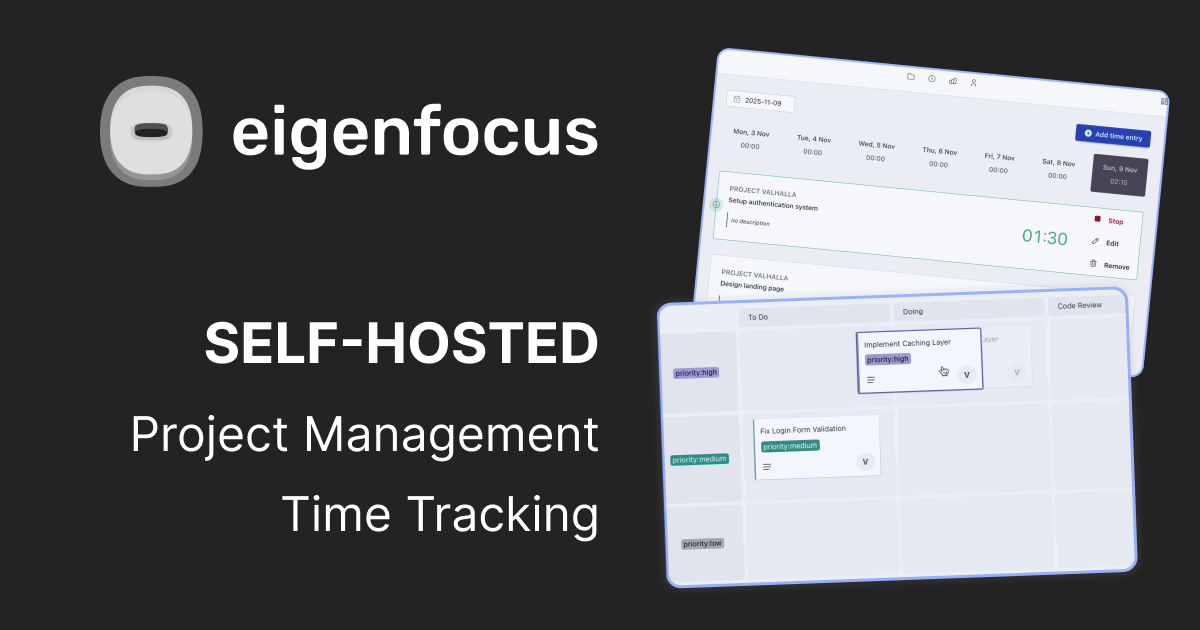America has a long and ugly history of law enforcement harassing political activists. One of their favored means of attacking protesters has been to surveil them, not only in the hope of learning their organizing plans, but also to try to intimidate them into submission.
This sort of repression thrives on secrecy. When law enforcement agents monitor their critics, they try their best to hide or destroy the evidence. Concerned about how their acts of retribution might appear in the public eye, these officials conceal their misdeeds from reporters and activists and aim to prevent later generations from writing about them. Although journalists and historians work on different timelines, both need sources. Without them, they can’t do their jobs. And activists need those documents too, because fighting surveillance is impossible without first proving that it’s happening.
It’s well known that J. Edgar Hoover’s FBI attempted to track the civil rights movement’s every move. Largely forgotten today, however, is that countless local police departments did the same. In most cases, we only know about police targeting of civil rights activists because political organizers chose to fight back against repression.
In my new book Police Against the Movement, I explore how activists in the 1960s and ‘70s confronted police departments across the country with lawsuits demanding an end to illegal spying on political organizers. In response, police departments destroyed millions of incriminating records documenting their surveillance of movements. But they failed to destroy all the documents. After years of court battles, plaintiffs in Chicago and New York improbably succeeded in forcing police to downscale and restrict their monitoring of activists.
Just as police tracked civil rights, Black Power, feminist, and anti-war protesters in the 1960s and ‘70s, today they snoop on organizers taking a stand against ICE, Israel’s war on Palestine, and Atlanta’s Cop City. In our current moment, facial recognition software, cheap camera drones, and widely available phone-hacking tools make spying easier than ever. But at the same time, the efforts of earlier generations of activists to confront police surveillance provide today’s movements a blueprint for resisting the repression perpetrated by law enforcement officials.
.png)




